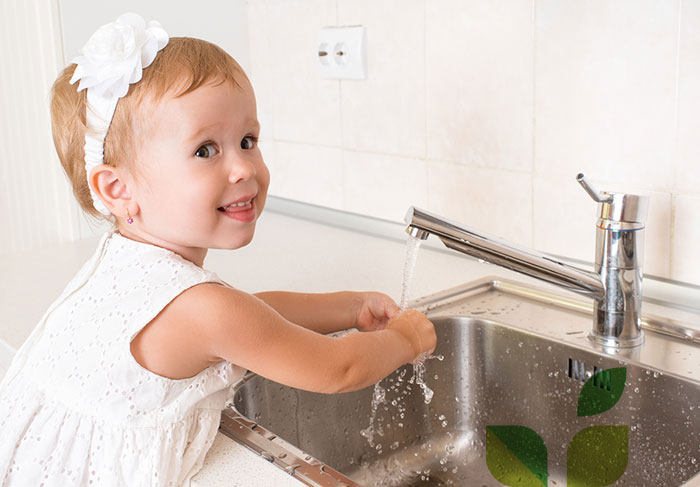 | |
| How can I prevent my child from getting bronchiolitis? | |
| General hygiene is important to prevent the spread of viruses between children. This includes hand-washing by the caregiver and child; keeping sick children at home rather than sending them to crèche or daycare; avoiding kissing babies on the lips and sharing utensils/cups amongst children. Older children and adults should learn "cough etiquette" - to cough into the elbow or a tissue (which must then be discarded); and to wash hands after coughing or sneezing into the fist or hand. Avoiding tobacco smoke (i.e. no smoking around children) and breastfeeding infants might also protect against illness. Only children at known risk of severe bronchiolitis would receive prophylaxis (preventative medication). Contact your doctor before the start of the RSV season (in January) to ask about provision of palivizumab if your child is:
Conclusion Bronchiolitis is a common chest infection in young children. Parents and caregivers should be taught how best to prevent childhood infections; what the most effective treatments for bronchiolitis are, as well as those treatments that are unlikely to help their child if they have uncomplicated bronchiolitis. Chest physiotherapy should not be given to a child with bronchiolitis, unless there are specific complications or circumstances. In that case, physiotherapists with special expertise in peadiatric cardiopulmonary therapy should be consulted, to ensure appropriate, effective and safe treatment | |
|